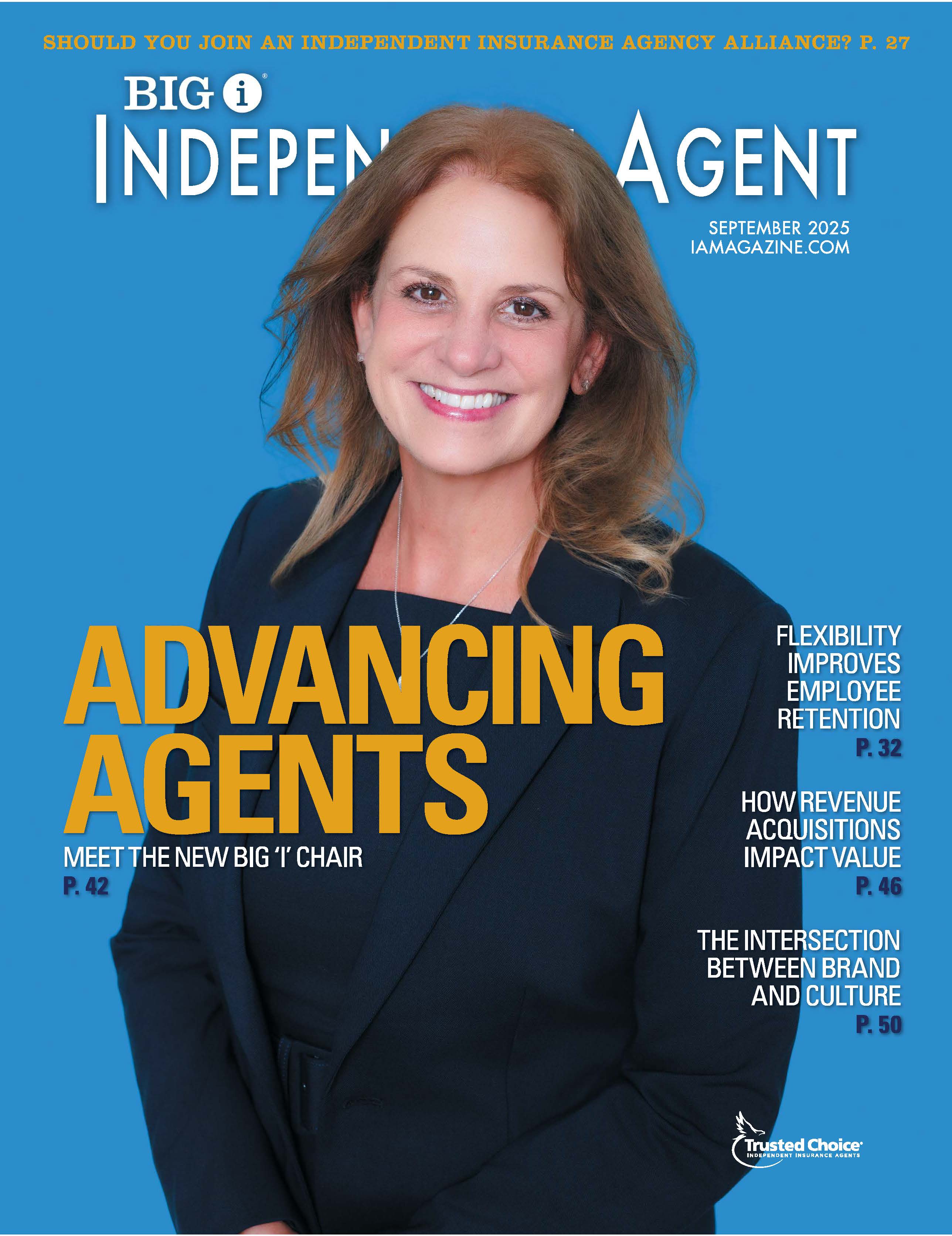1099 Repeal Bill Signed Into Law; New Health Care Priorities Emerge
By: Margarita Tapia
Last month, President Barack Obama signed H.R. 4, the “Comprehensive 1099 Taxpayer Protection and Repayment of Exchange Subsidy Overpayments Act of 2011,” into law. H.R. 4 repealed an onerous 1099 reporting requirement that was enacted as part of the health care reform law and was scheduled to take effect in 2012. The Big “I” and many other groups in the small business community supported H.R. 4 and advocated for its passage.
The 1099 reporting mandate was originally signed into law last year as part of the Patient Protection and Affordable Care Act as a way to partially offset the law’s cost. Immediately, the small business community recognized how detrimental it was going to be to the delicate American economy. It was intended to increase tax compliance by requiring businesses to file a 1099 for all business-to-business transactions for goods or services totaling more than $600 cumulatively over the tax year. Businesses would be forced to track down and record the name, address and taxpayer identification number of each vendor and would then have to file a 1099 with the IRS and send a copy to each vendor at the end of the year. This burdensome mandate would have created a mountain of paperwork for small businesses and diverted precious resources toward compliance at a time of great economic stress.
The provision was added to the health care overhaul law with the intention of helping to close the “tax gap,” which is the amount of tax revenue owed to the government but never paid. Repeal for the provision enjoyed widespread support on both sides of the aisle in both legislative bodies and was even supported by the president. The main sticking point was how to replace the $17 billion the provision was estimated to generate. After months of negotiations, a compromise was reached and H.R. 4 passed the Senate on April 5 in an 87-12 vote after House passage on March 3 with a 314-112 vote.
When the health care bill was signed into law, the Big “I” made repeal of the 1099 mandate a top legislative priority and was pleased to see the efforts of thousands of small business people come to fruition. As other components of the health care law take effect, the Big “I” continues to work with Congress, the administration, the small business community and others to minimize the negative impact on independent agents and their small business clients.
The ongoing implementation of the PPACA stands to have a tremendous effect on each and every American. As small business people and health insurance advisors, independent insurance agents and brokers are being confronted with a challenging health insurance landscape. With the evolving health care world in mind, the Big “I” has focused its federal lobbying and grassroots advocacy efforts on several issues that will directly impact the livelihood of independent insurance agents, including:
- Strongly supporting the Rogers-Barrow “Access to Health Care Professionals Act” which would amend the law to exclude agent compensation from the recently enacted Medical Loss Ratios (MLRs) regulations (the MLR regulations have created severe downward pressure on agent commissions which will cost small businesses jobs and lead to less service for consumers),
- Protecting the role of the independent agent in state health care exchanges and shaping implementation of the navigator program, and
- Pushing for repeal of the Community Living and Assistance Services and Supports (CLASS) Act.
Margarita Tapia (margarita.tapia@iiaba.net) is Big “I” director of public affairs.
Big “I” Grassroots Leader Program Continues to Grow
Big “I” legislative accomplishments, such as repeal of the 1099 provision, are largely a result of the association’s grassroots efforts.
The Grassroots Leader Program is a campaign which promotes Big “I” Grassroots Programs, the association’s political action committee (InsurPac) and attendance at the annual Legislative Conference & Convention (LC&C).
Agents are named Grassroots Leaders when they have attended the legislative conference for two or more consecutive years, have contributed at least $250 to InsurPac during the year and have answered the call to legislative action alerts.
The goals of the Grassroots Leader Program are:
1. To increase attendance at the LC&C,
2. To increase contributions to InsurPac, and
3. To increase agents’ responses to Grassroots Action Alerts.
For more information on the Big “I” Grassroots Campaign, call (202) 863-7000 or e-mail IIABA Grassroots@iiaba.net.
—M.T.










